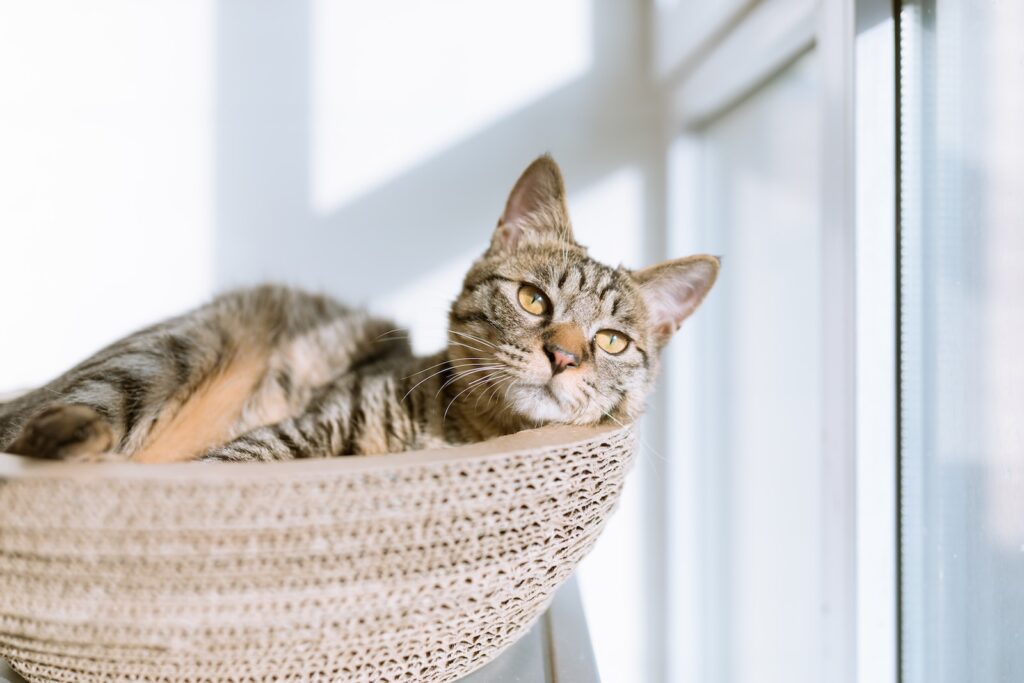Can Cats Eat Peaches? — No, They Can’t
Peaches may be a delicious and juicy treat for us humans, but unfortunately, they are not suitable for our feline friends. Cats should not consume peaches due to various reasons, including their potential harm to a cat’s digestive system and overall health.
Is It Safe for Kittens to Consume Peaches?
Just like adult cats, kittens should not be given peaches to eat either. The potential dangers associated with peaches can affect kittens in the same way they can affect adult cats.
Risks Associated with Feeding Peaches to Kittens
Feeding peaches to kittens can lead to digestive issues such as upset stomach, diarrhea, and vomiting. Kittens have more sensitive digestive systems compared to adult cats, making them even more susceptible to these adverse effects.
Why Peaches are Not Recommended for Cats
The Pit and the Skin
The pit or seed inside the peach poses a choking hazard to cats, as they may try to swallow it whole or chew on it. Ingesting the pit can lead to intestinal blockages, which require immediate medical attention. Additionally, the peach skin can be difficult for cats to digest properly, potentially causing gastrointestinal upset.
High Sugar Content
Peaches contain high levels of natural sugars, which are not suitable for cats’ diets. Cats are obligate carnivores, meaning their bodies are designed to derive necessary nutrients from meat-based sources. A diet high in sugar can lead to weight gain, diabetes, and dental issues in cats.
Potential Allergic Reactions
Some cats may be allergic to peaches or certain components found in them. Allergic reactions can manifest as skin irritations, itching, or even more severe symptoms like difficulty breathing. It is best to avoid introducing peaches to your cat’s diet to prevent any allergic reactions.
Known Health Issues in Cats from Consuming Peaches
Consuming peaches can lead to various health problems in cats, including gastrointestinal upset, intestinal blockages, weight gain, diabetes, and potential allergic reactions.
What to Do If a Cat Has Consumed Peaches?
- Monitor for Symptoms: Keep an eye out for any signs of digestive issues such as vomiting, diarrhea, or lethargy. If these symptoms persist or worsen, contact your veterinarian immediately.
- Hydration: Ensure your cat stays hydrated by providing fresh water and monitoring their water intake. Increased water consumption can help flush out any potential toxins or irritants.
- Contact Your Veterinarian: If you notice your cat experiencing severe symptoms or suspect an intestinal blockage, seek veterinary assistance without delay. Professional medical attention is crucial in such cases.
Safe Alternatives to Peaches for Cats
If you’re looking for suitable fruit options to treat your cat, consider alternatives such as small pieces of ripe cantaloupe, watermelon, or even occasionally some mashed pumpkin. However, always introduce new foods gradually and in small quantities to ensure your cat tolerates them well.
Conclusion
In conclusion, while peaches may be a delightful treat for us, they are not suitable for cats. The risks associated with their consumption, including potential choking hazards, digestive issues, and high sugar content, outweigh any potential benefits. It is essential to prioritize your cat’s safety and well-being by sticking to a balanced, veterinarian-approved diet. Choose appropriate alternatives for treats and consult with your veterinarian for specific dietary recommendations for your feline companion.






